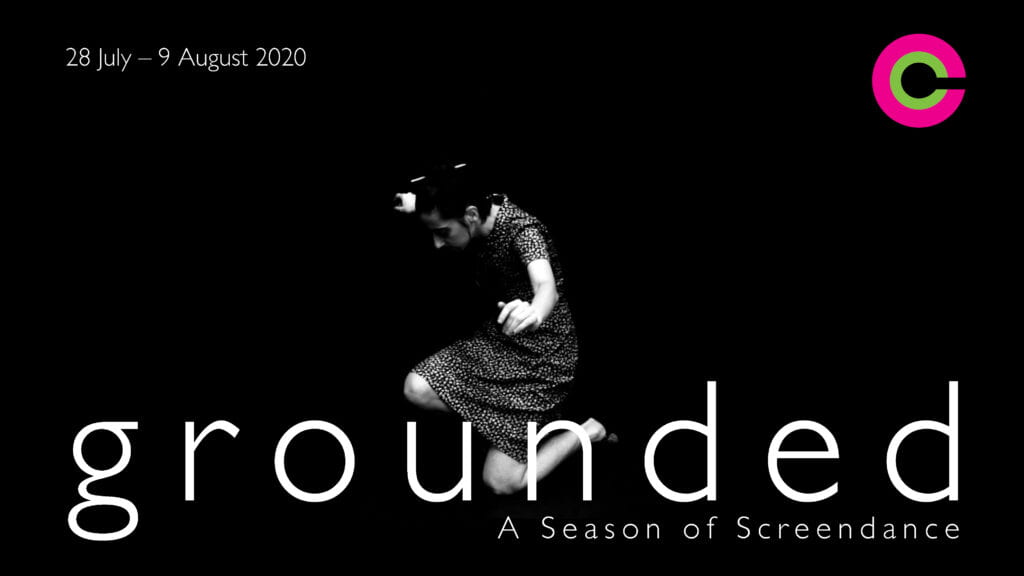On Thursday 2 December 2021 at 4:00pm GMT the Telematic LASER will present the online panel discussion ALL THE WORLD’S A SCREEN with performance, Shakespeare and technology specialists… Pascale Aebischer, Lucy Askew and Sarah Ellis. They will discuss the impact of the pandemic on the performing arts, reflecting on the histories, contemporary practices and futures of online theatre that creatively engages remote performers and audiences.
Register Here:
https://leonardo.info/telematic-laser-all-the-world-s-a-screen/
The panel will be co-moderated by Paul Sermon and Satinder Gill from the Arts and Humanities Research Council (AHRC) Covid-19 Response project Telepresence Stage. The Telematic LASER (Leonardo Art Science Evening Rendezvous) is co-hosted by the University of Brighton’s Centre for Digital Media Cultures, Leonardo ISAST and the Third Space Network.
This Telematic LASER brings together three leading performance, Shakespeare and technology experts, who have each confronted the effects of the pandemic on the performing arts through distinctive and innovative approaches to online theatre. The panel will provide a unique opportunity to present, contrast and discuss their results, as well as the conceptual and technical challenges they faced in pursuit of newfound digital aesthetics that define a language of online theatre. How is it possible to convey tragedy, comedy and magic through code, 3D modelling, live audio-video streams and interactive systems? And how have online theatre audiences learnt to suspend disbelief in new and necessary ways? Overlooking the occasional technical glitch or even embracing it as the authenticity of liveness, negotiating latency, navigating time zones, and identifying with a mirrored image of self, are all new online phenomenon. How do we overcome them or turn them to our advantage? All theatre is essentially technical, but what are the advantages, disadvantages and distinct differences between online and physical theatre? Whilst online theatre has presented new forms of dramaturgy and choreography through new paradigms, structures and experience, is it essentially reframing how we touch, how we feel intimacy and experience proprioception, for both performers and audiences or is it extending our understanding of their essential qualities?
Panellists
Pascale Aebischer is Professor of Shakespeare and Early Modern Performance Studies at the University of Exeter. She has a particular interest in bodies and performance technologies (from candlelight through social media to ‘live’ theatre broadcast and digital performance). Pascale is leading the coordination of the AHRC’s Covid-19 research portfolio as Principal Investigator of The Pandemic and Beyond: the Arts and Humanities Contribution to Covid Research and Recovery.
Lucy Askew is Chief Executive and Creative Producer at Creation Theatre, based in Oxford. They have been producing and performing innovative theatre productions in alternative locations and settings for over 20 years. Since lockdown in March 2020, Lucy has produced an impressive programme of unique online performances, including a Zoom audience engagement production of The Tempest and an ambitious choose-your-own-adventure take on Romeo and Juliet.
Sarah Ellis is Director of Digital Development at the Royal Shakespeare Company. Through her recent partnership with the UKRI Audience of the Future programme Sarah led and produced ‘Dream’, an online virtual midsummer forest experience for the RSC, inspired by A Midsummer Night’s Dream. Using motion capture cameras and 3D gaming software ‘Dream’ explores how audiences and avatars could be experienced as possible futures for live performance.
Moderators
Paul Sermon is a Telematic Artist, Professor of Visual Communication at the University of Brighton and Telepresence Stage Principal Investigator.
Satinder Gill is Research affiliate in the Centre for Music and Science at the University of Cambridge, researching the body in sense-making and presence.
Production
Telematic LASER (Leonardo Art Science Evening Rendezvous) is co-hosted quarterly by Paul Sermon from the University of Brighton, Centre for Digital Media Cultures and Randall Packer from the Third Space Network. A program of the Leonardo International Society of the Arts, Sciences and Technology (ISAST), the series is comprised of online public dialogues and performances that feature discussion, presentation and experimentation among leading artists, researchers, scientists and performers in the area of art and telematics.
Telepresence Stage is a UKRI Arts and Humanities Research Council (AHRC) funded project led by University of Brighton UK, in collaboration with LASALLE College of the Arts in Singapore and the Third Space Network in Washington DC. In response to the Covid-19 impact on the performing arts sector, this project aims to identify new and creative ways for actors, dancers and other performing arts professionals to rehearse and interact together in shared online spaces and to produce collaborative live performances from remote sites.
The University of Brighton https://www.brighton.ac.uk/digital-media-cultures/
The Third Space Network https://thirdspacenetwork.com

For more information please contact Paul Sermon p.sermon@brighton.ac.uk




















